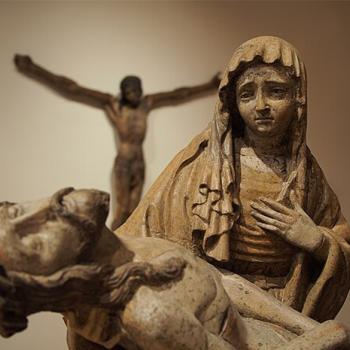Tim Flannery’s NYRB review of Paul Falkowski’s Life’s Engines and Peter Ward and Joe Kirschvink’s A New History of Life sums up the authors’ points: “our cells are comprised of a series of highly sophisticated ‘little engines’ or nanomachines that carry out life’s vital functions.” These microscopic machines all work together harmoniously: “Falkowski points out that we also consist of trillions of electrochemical machines that somehow coordinate their intricate activities in ways that allow our bodies and minds to function with the required reliability and... Read more




















